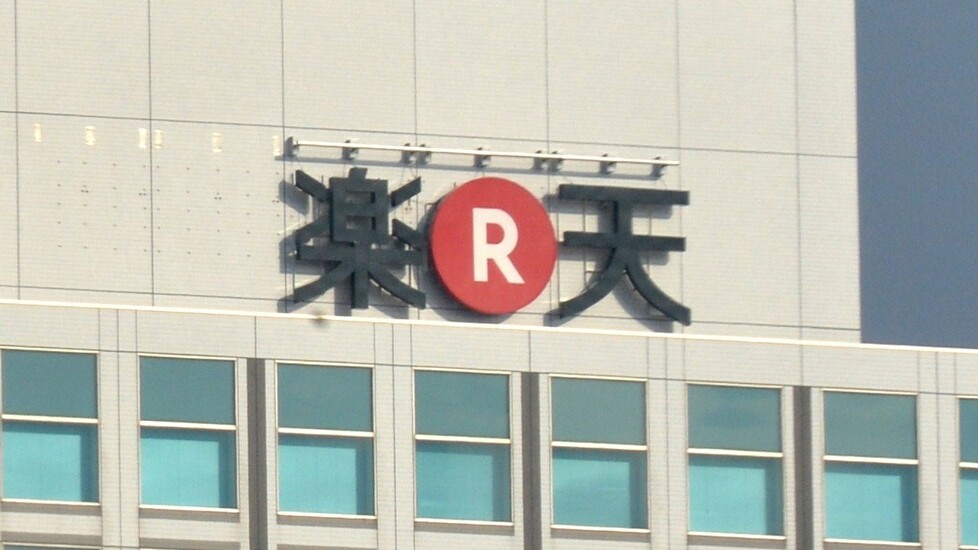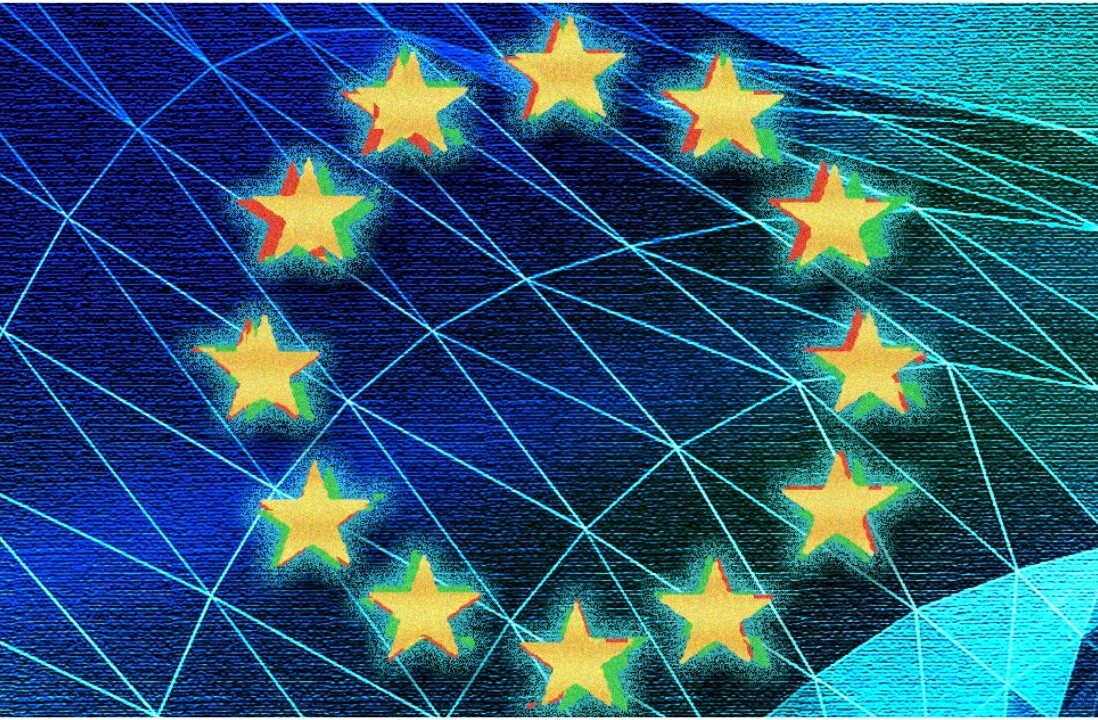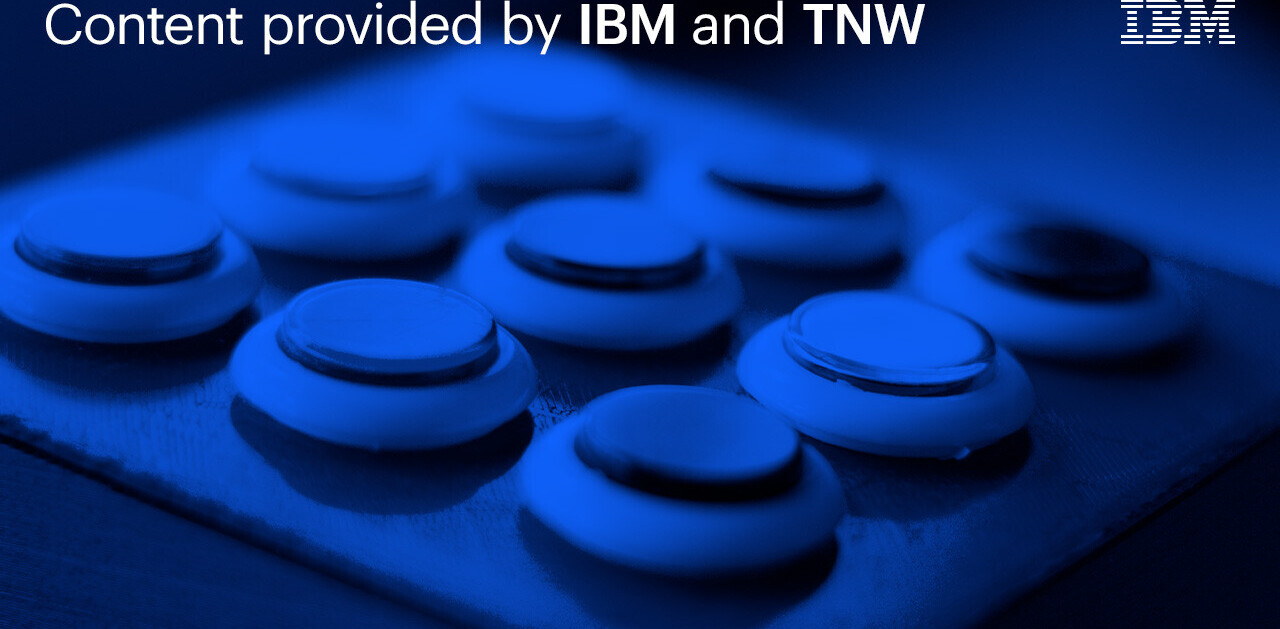
Japan’s e-commerce giant Rakuten surprised many when it stumped up $900 million to buy mobile messaging and calling service Viber in February. The deal was announced just five days before Facebook’s landmark $19 billion acquisition of fellow chat app WhatsApp — while WhatsApp is the industry leader by some margin with over half a billion active users each month, Viber is performing better than might have been expected.
According to Rakuten’s latest earnings report — which was released today and first spotted by Tech In Asia — the business now has 400 million registered users. That’s up from 280 million registered users at the end of 2013 — though Rakuten says that Viber has 608 million registrations, which we presume include duplicate downloads and users.
That user number is impressive considering that Japan’s Line has nearly 500 million registered users and it is edging closer towards an IPO in Tokyo, New York or both places. Reports suggest that could value the firm at around $10 billion — more than ten times what Rakuten paid for Viber.
There is a key difference beyond user numbers though. Line is already recording impressive revenue figures — in the latest quarter the app grossed $177 million although it didn’t disclose a figure for profit or loss. Nonetheless, the success of the model seems to have influenced Rakuten, which is building Viber into a similar, multimedia-centric product, as we observed earlier this year.
Rakuten CEO Hiroshi Mikitani began today’s earnings call talking about Viber’s “exploding growth”. Mikitani said that Viber is seeing download numbers surge in India, Russia, Latin America and Southeast Asia in particular. It’s no secret that Rakuten is working to integrate its e-commerce services into the app — the firm told us as much in a recent interview — but Mikitani believes that the successful marriage of the two could “completely change the growth pattern of Rakuten’s business.”
That is no small statement, given that Rakuten’s market capitalization is over $16 billion and its half-year revenue came in at $2.7 billion.
Like Line, Kakao Talk, WeChat and other apps that include multimedia, commerce and other elements around the chat experience, Mikitani plans to integrate services that give Rakuten a more direct relationship with customers and, of course, help increase revenue.
Rakuten hasn’t integrated any services at the end-user level yet and the app is only monetizing by selling stickers and Skype-like international calling, but the $900 million acquisition is looking like a good piece of business. Particularly considering other valuations, which include rumors that Snapchat — which makes no money and almost certainly has fewer registered users — might be worth as much as $10 billion.
The real problem for Rakuten, however, is that Viber has never been about games, commerce or finance. All of this will be new.
Introducing features that are very much at odds with the original user experience of a service is likely to upset some loyal users and drive them to other apps that provide the experience that they seek. So, in essence, converting those 400 million Viber users into Rakuten customers is no sure thing.
Headline image via KAZUHIRO NOGI / AFP / Getty Images
Get the TNW newsletter
Get the most important tech news in your inbox each week.







